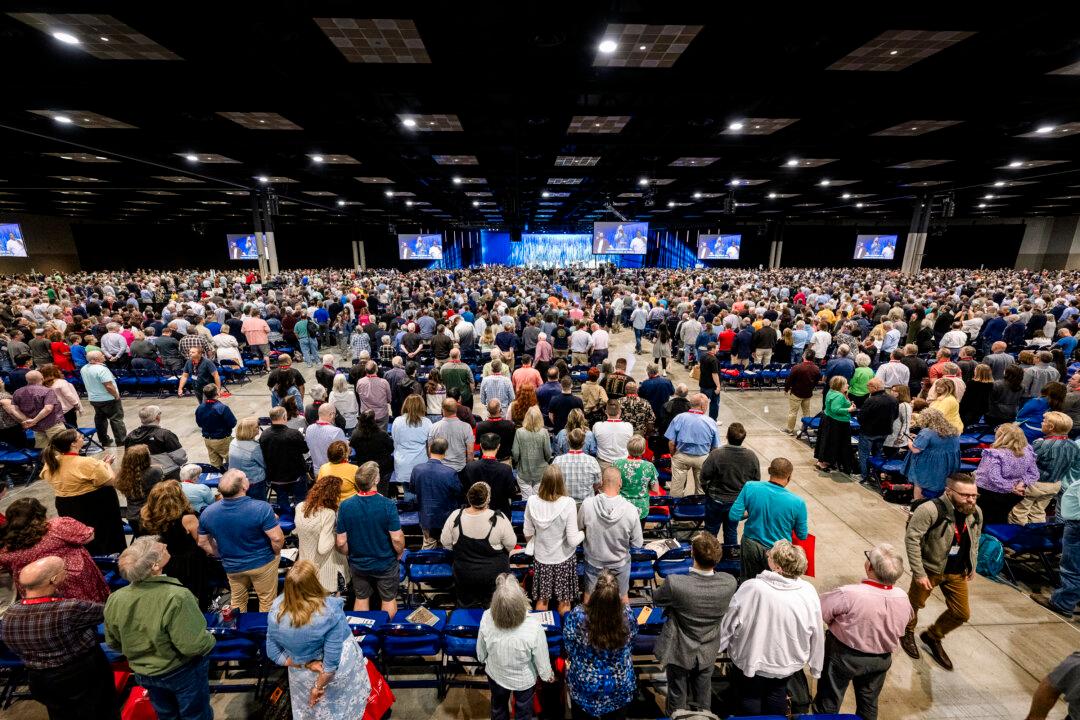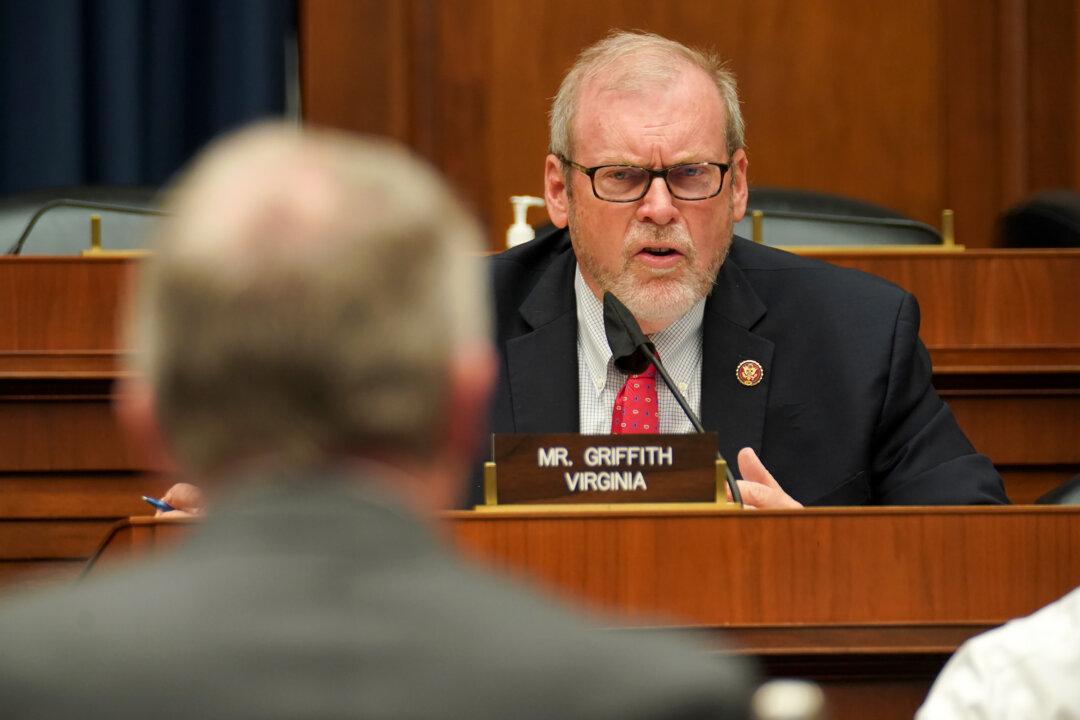INDIANAPOLIS—Representatives of the largest Protestant body in the United States narrowly rejected a proposal to ban churches with female pastors.
The Southern Baptist Convention (SBC) in 2023 provisionally passed an amendment to their constitution that would have required member congregations to appoint only men to pastoral leadership positions or face expulsion. The measure required a second vote to become effective. That vote failed on June 12. Although 61 percent of some 10,000 delegates, referred to as messengers, voted in favor of the change, that fell short of the required two-thirds majority.





